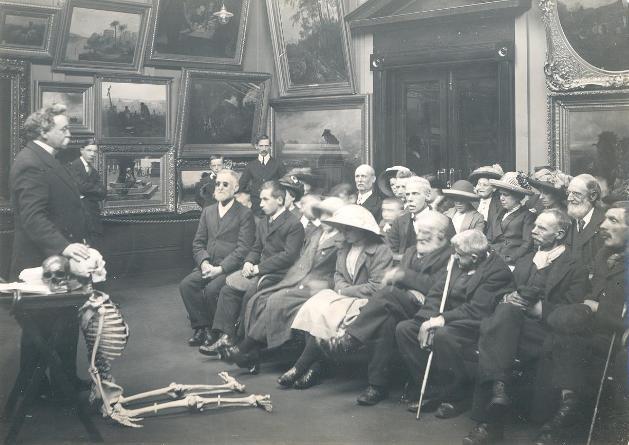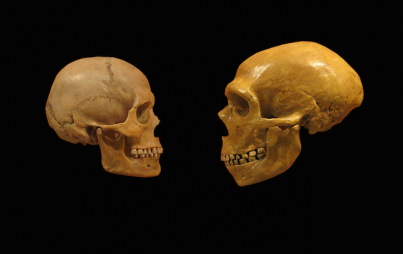
The human body is a beautiful thing—so complex, so calibrated! Our parts work as a deft symphony—except when they don’t. Sometimes evolution gets a species far enough to survive, but stops short of working out the kinks (eh—good enough). Here are some of the frustrating dysfunctionalities of our corporal reality:
- Our Throats Have Double Duty: Because humans—like many other primates—use our pharynx (back of the throat) for both ingestion and reparation, things can get dicey. Stuck food can cut off airflow, and unless you get that thing out fast, you can obviously pass out or even die.
- Our Lower Backs Take a Beating: When our pre-human forebears transitioned from walking on all fours to walking upright, our back structure had problems with the leap. On all fours the spine is stiff and pretty straight—but to balance everything correctly when vertical, the spine has to curve like an ‘S.’ And curving + body/head weight + stuff we carry = back pain galore!
- Sorry fellas: The male urinary tract is awkwardly wired—passing through instead of around the prostate gland, which can notoriously swell and screw up urinary function. (Bring it home, Dr. Oz!)
- But women have their own problems: Human females have disproportionately narrow birth canals, also arising from the sloppy transition from all fours to walking upright (wide pelvises aren’t efficient), as well as the GIANT size of human baby heads. This poses greater risks to human mothers and children—until fairly recently, childbirth was the leading killer among reproductive-age women.
- Shiver me timbers—we’re scurvy-prone: Vitamin C is a big deal—essential for animals’ immune systems and for protein-production. But while most animals can synthesize vitamin C from enzymes present in the body, humans lost that ability. So we’re dependent on getting this crucial vitamin in our diets—bad news for sailors who forgot to bring oranges.
And this is only a sampling of our bodies’ limitations! But the whole opposable thumb thing is pretty nice. (Image: commons.wikimedia.org)
If you like this article, please share it! Your clicks keep us alive!






